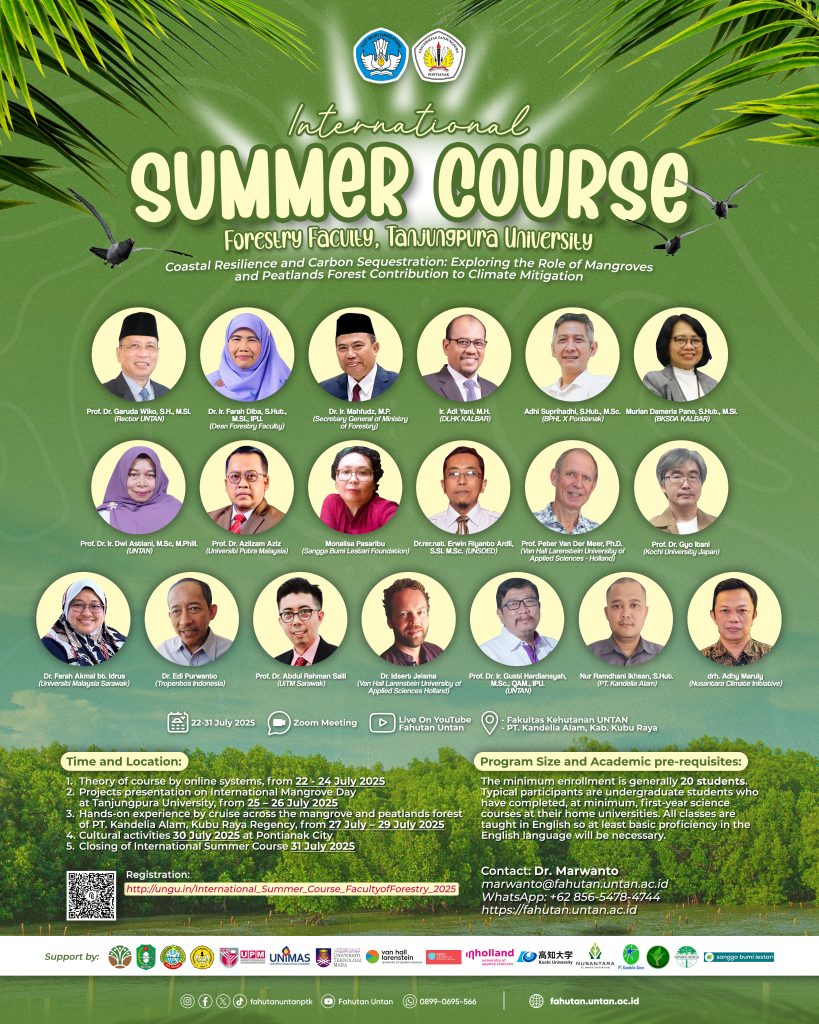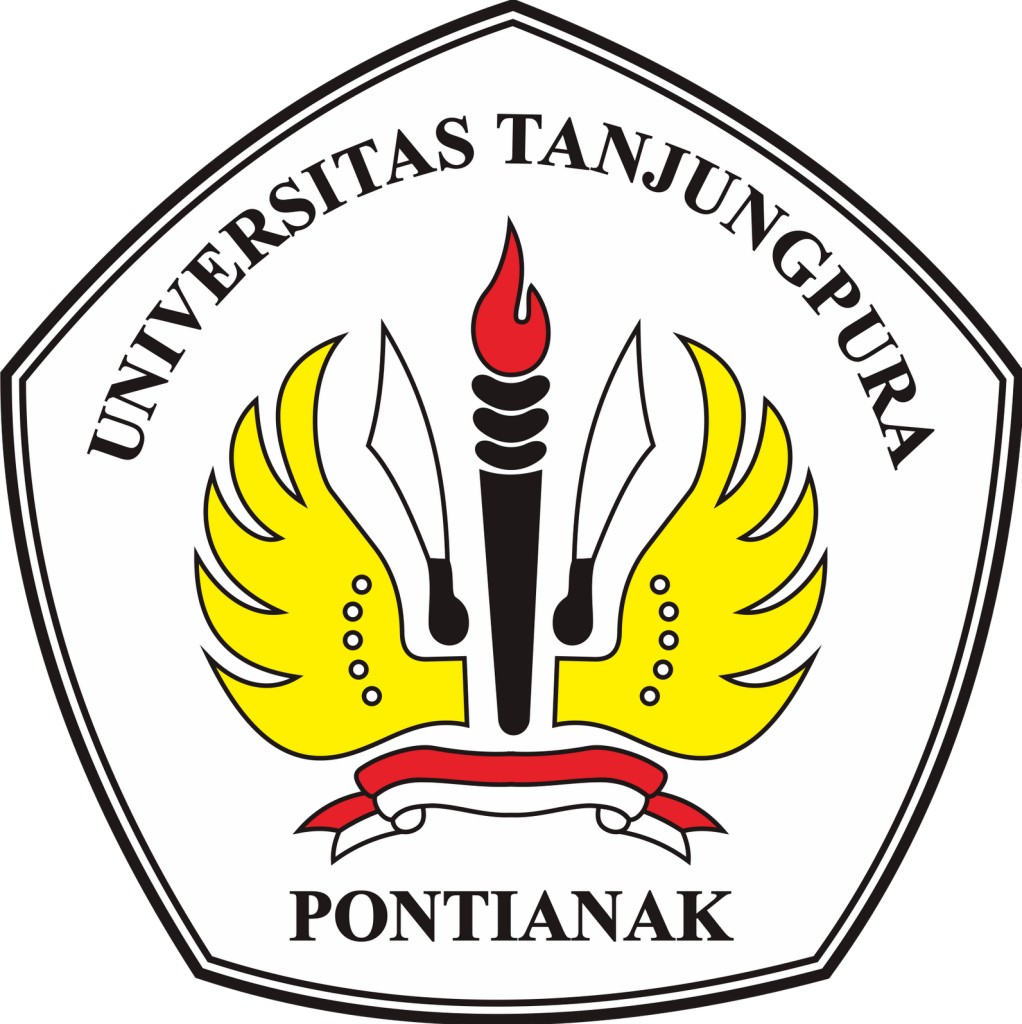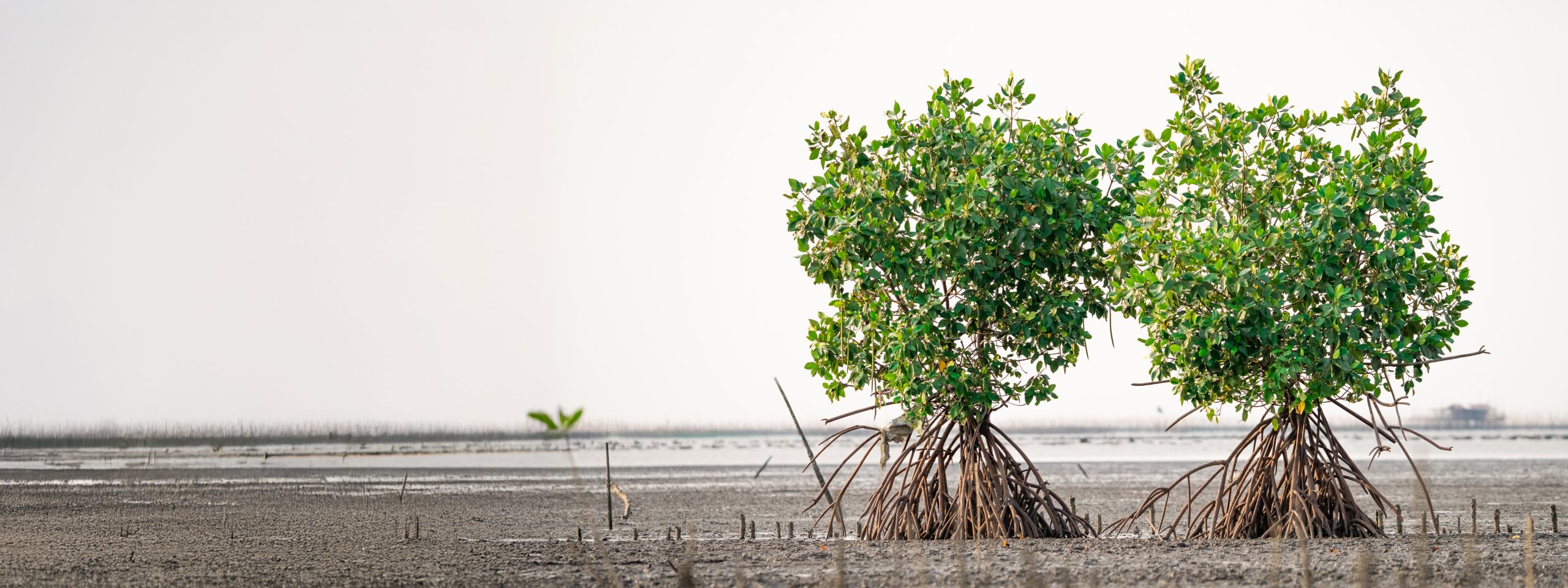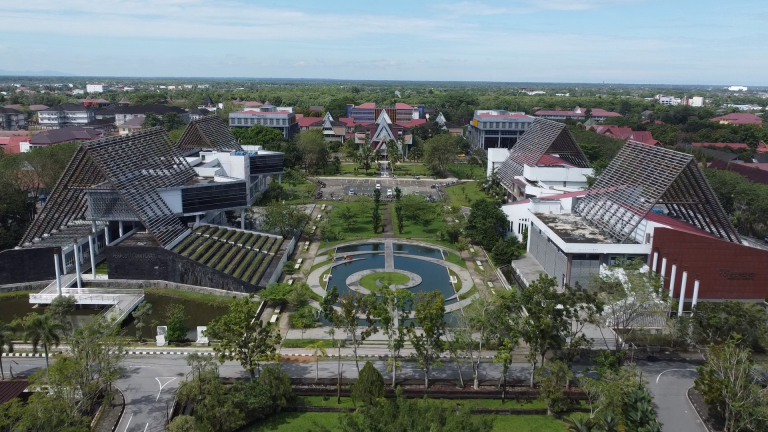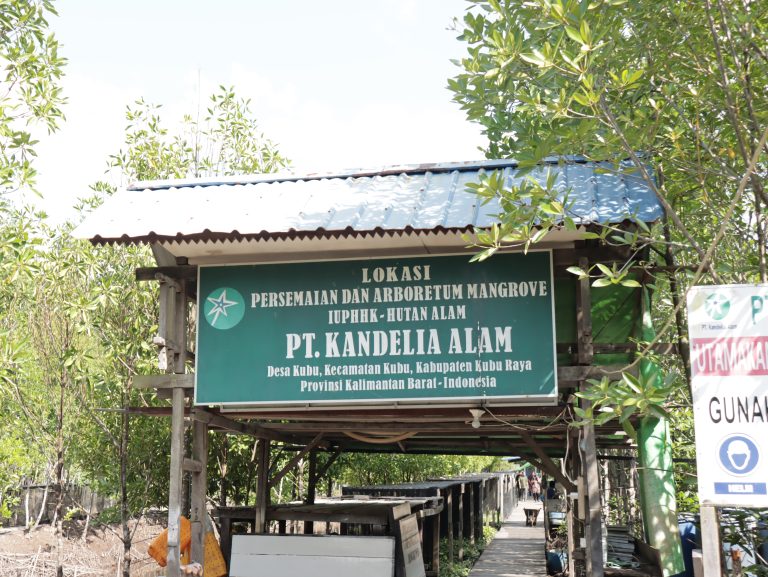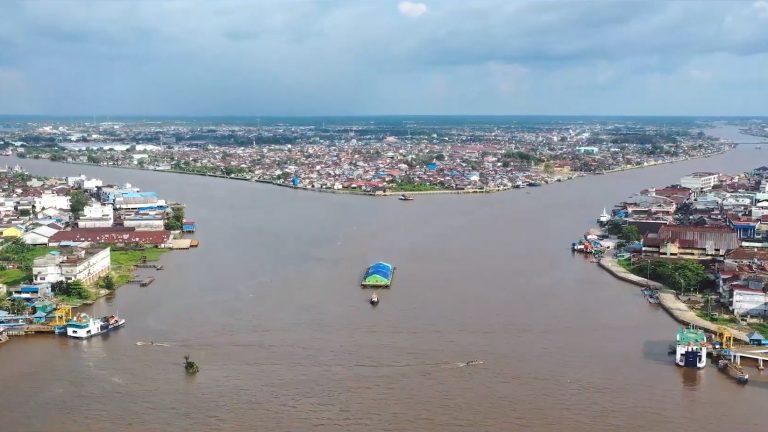"Coastal Resilience and Carbon Sequestration: Exploring the Role of Mangroves and Peatlands Forest Contribution to Climate Mitigation"
21 – 31 July 2025
Introduction
Mangrove forests and peatlands are among the most vital ecosystems in mitigating climate change, yet they remain undervalued and underprotected. These unique environments serve as powerful carbon sinks, helping to absorb and store vast amounts of carbon dioxide from the atmosphere. Additionally, they play a crucial role in coastal resilience, shielding communities from storm surges, erosion, and rising sea levels. Understanding the ecological functions of these ecosystems is essential for developing effective conservation and restoration strategies. This summer course, Coastal Resilience and Carbon Sequestration: Exploring the Role of Mangroves and Peatlands Forest Contribution to Climate Mitigation, aims to provide students with a comprehensive view of these interconnected landscapes.
Through an interdisciplinary approach combining forestry and marine science, this program delves into the ecological dynamics, biodiversity, and hydrological processes that shape mangrove and peatland forests. By integrating field studies, laboratory research, and policy discussions, students will gain a holistic perspective on how these ecosystems contribute to global carbon sequestration efforts. Participants will explore how human interventions—such as deforestation, land conversion, and climate change—impact these critical habitats, ultimately threatening the stability of coastal regions worldwide.
A key component of this course is hands-on experience, allowing students to engage directly with conservation and management practices. Field excursions to mangrove forests and peatlands will provide opportunities to observe and analyze ecosystem functions, soil composition, and carbon storage capacities. In addition, students will collaborate on research projects aimed at developing sustainable strategies for enhancing coastal resilience. By bridging the gap between theoretical knowledge and practical applications, this course empowers future environmental leaders with the skills needed to drive impactful change.
Policy and governance discussions will also form a crucial part of the curriculum, examining the global and regional frameworks that influence mangrove and peatland protection. Students will explore initiatives such as blue carbon projects, community-based conservation efforts, and climate adaptation policies that integrate forestry and marine science principles. By analyzing case studies from different parts of the world, participants will gain insight into successful conservation models that can be applied in their own regions.
Ultimately, this summer course seeks to inspire a new generation of scientists, policymakers, and conservationists to recognize the immense value of mangrove forests and peatlands. By fostering interdisciplinary collaboration and promoting innovative solutions, students will leave with a deeper understanding of how these ecosystems serve as nature’s climate protectors. As the world faces increasing environmental challenges, it is imperative to equip individuals with the knowledge and tools necessary to safeguard these landscapes for future generations.
For more information
Dr. Marwanto, S.Hut., M.Si.
Registration

-
Understanding the Ecological Functions of Mangrove and Peatland Forests,
The students will learn the essential roles these forests play in maintaining environmental balance, such as water filtration, sediment stabilization, habitat provision, and their contributions to climate change mitigation and global climate regulation.
-
Applying Marine Science to Mangrove and Peatland Ecosystem Studies
The tudents will learn the principles of marine science to examine hydrological processes, oceanographic influences, and the connectivity between coastal forests and marine biodiversity.
-
Understanding the Socioeconomic and Policy Dimensions of Blue Carbon
The students will learn and assess how blue carbon initiatives influence conservation policies, sustainable livelihoods, and global climate agreements, such as those under the Paris Agreement.
-
Assessing Coastal Resilience and Carbon Sequestration Strategies
The students will analyze how mangroves and peatlands function as natural carbon sinks and investigate how these ecosystems help protect coastal communities from climate-related threats such as storm surges, erosion, and sea-level rise, while evaluating sustainable management approaches.
-
Engaging in Field-Based Conservation Initiatives
The students will equip with hands-On experience through field excursions, living on the cruise and conducting research projects on mangrove and peatlands forest in Kubu Raya Regency, and discussions that emphasize restoration techniques, community involvement, and governance frameworks for ecosystem.
Fundamental Ecology and Climate Mitigation
- The role of mangroves and peatlands forest in achieving SDGs
- Mangroves and Peatlands Forest and wood based bioeconomy
- Impact of climate change on biodiversity of Mangroves and Peatlands Forest
- Introduction to Mangrove and Peatland Ecosystems
- Marine-Terestrial Connectivity in Coastal Forest
- Carbon Sequestration Mechanisms in Peatlands Forest
- Marine Biodiversity and Species Interactions in Mangrove and Peatland Environments
- Marine Pollution and Its Impact on Mangrove and Peatland Ecosystems
- Oceanographic Influences on Mangrove and Peatland Sustainability
- Hydrological Processes and Their Impact on Coastal Resilience
Conservation, Policy, and Socioeconomic Aspects
- Economic Valuation of Mangrove and Peatland Ecosystem Services
- Global and Regional Policies on Mangrove and Peatland Conservation
- Blue Carbon and Its Contributions to Global Climate Goals
- Biosphere Reserves as Community Based Conservation Approaches
- Marine Protected Areas and Their Role in Conservation
- Ecotourism as a Conservation Strategy for Mangrove and Peatland Protection
- Public Awareness and Education Programs for Coastal Resilience and Climate Action
- Mangrove and Peatland Forests as Nurseries for Marine Life
- Human Impact and Deforestation Trends in Coastal Forests
- Coral-Mangrove-Seagrass Connectivity in Coastal Ecosystems
Non Timber Forest Products (NTFPs) and Resource Utilization
- Sustainable Utilization of NTFPs in Mangrove and Peatland Forests
- Medicinal Plants and Traditional Remedies Derived from Mangrove and Peatland Vegetation
- Edible NTFPs: Seafood, Fruits, and Leaves from Coastal Forests
- The Role of Mangrove Honey and Other Pollination-Based Products
- Wood Alternatives: Bamboo, Fibers, and Bio-materials from Peatlands and Mangroves
- Fisheries and Aquaculture Supported by Mangrove and Peatland Ecosystems
- Carbon-Based Products: Charcoal and Biochar from Peatlands
- Sustainable Harvesting Practices for Mangrove and Peatland NTFPs
- The Intersection of NTFPs and Carbon Sequestration in Coastal Forests
- Market Potential and Supply Chain Development for NTFPs from Mangrove and Peatland Habitats
-
Minimum enrollment
30 students
-
Typical participants
Undergraduate students who have completed at least first-year science courses at their home universities
-
Language requirement
All classes are taught in English, so basic proficiency in English is necessary.
Itenerary of Summer Course
| Date / Time | Activities | Remarks | Duration (hour) |
|---|---|---|---|
| 08.00-15.00 |
Workshop of Sustainable Business Model Canvas (SBMC) of each group to be presented on International Mangrove Day Festival The teams should developed: • SBMC and pitch presentation which should improve bio-diversity and maintain or increase carbon stocks • Indication/calculation of environmental benefits (carbon/bio-diversity) • Indication/calculation of socio-economic benefits (including gender component) for income-generating activities and sustainable crop cultivation |
Students of Summer School | 7 hours |
| Date / Time | Activities | Remarks | Duration (hour) |
|---|---|---|---|
| 07.30-08.00 | Registration | Organizing Committe | 30 minutes |
| 08.00-09.00 | Diversity of Peatland forests dan their carbon budgets | Prof. Dr. Ir. Dwi Astiani, MSc, M.Phill (UNTAN) | 60 minutes |
| 09.15-10.15 | Business model, product innovation, and marketing strategy for mangrove ecotourism: building the appeal of green tourism | Prof. Dr. Azliam Aziz (Universiti Putra Malaysia) | 60 minutes |
| 10.30-11.30 | Biosphere Reserves as Community Based Conservation Approaches | Monalisa Pasaribu (Sangga Bumi Lestari Foundation) | 60 minutes |
| 11.30-13.00 | Break | 90 minutes | |
| 13.00-14.00 | Marine-Terrestrial Connectivity in Coastal Forest | Dr.rer.nat. Erwin Riyanto Ardli, S.Si. M.Sc. (UNSOED) | 60 minutes |
| 14.15-15.15 | Development of Non-Timber Forest Products from Peatlands and Mangrove Forest to Enhance Added Value in Social Forestry Areas | Prof. Peter van Der Meer, Ph.D (Van Hall Larenstein University of Applied Sciences - Holland) | 60 minutes |
| Date / Time | Activities | Remarks | Duration (hour) |
|---|---|---|---|
| 07.30-08.00 | Registration | Organizing Committe | 30 minutes |
| 08.00-09.00 | Marine Biodiversity and Species Interactions in Mangrove Environments | Prof. Dr. Gyo Itani (Kochi University Japan) | 60 minutes |
| 09.15-10.15 | Chemical Oceanography Impacts to Diversity of Freshwater Fauna in Mangrove Forest | Dr Farah Akmal bt. Idrus (Universiti Malaysia Sarawak) | 60 minutes |
| 10.30-11.30 | Community-Based Peatland Forest Management for resilience and mitigation climate change | Dr. Edi Purwanto (Tropenbos Indonesia) | 60 minutes |
| 11.30-13.00 | Break | 90 minutes | |
| 13.00-14.00 | Marketing practices and challenges of agricultural products from peatlands: case study on pineapple | Prof. Dr. Abdul Rahman Salii (UiTM Sarawak) | 60 minutes |
| 14.15-15.15 | Sustainable Business Model Canvas (SBMC): Developing Product from Mangrove and Peatland | Dr. Idsert Jelsma (Van Hall Larenstein University of Applied Sciences - Holland) | 60 minutes |
| 15.30-16.30 | Trends in research and regulation of peatlands and mangrove forests | Prof. Dr. Ir. Gusti Hardiansyah, M.Sc, QAM, IPU (UNTAN) | 60 minutes |
| Date / Time | Activities | Remarks | Duration (hour) |
|---|---|---|---|
| 09.00 - 09.20 | Welcome Speech / Opening ceremony | Dean Forestry Faculty, Rector UNTAN | 20 minutes |
| 09.20 - 10.30 | The role of peatlands and mangroves forest in achieving SDGs | Dr. Ir. Mahfudz, M.P. (Secretary General of Ministry of Forestry) | 50 minutes |
| 10.40 - 11.30 | Optimization of Forest and Land in West Kalimantan for achieve FOLU Net Sink 2030: Collaboration between Government, Communities, and the Private Sector | Ir. Adi Yani, MH (DLHK Kalbar) | 50 minutes |
| 11.30 - 13.00 | Break | 90 minutes | |
| 13.00 - 14.00 | Wood based bioeconomy from peat lands and mangrove forest | Adhi Suprihadhi, S.Hut, MSc (BPHL X Pontianak) | 60 minutes |
| 14.10 - 15.10 | Impact of climate change on biodiversity of mangroves and peatlands forest | Murlan Dameria Pane, S.Hut, M.Si (BKSDa Kalbar) | 60 minutes |
| 15.10 - 15.30 | Formation the group of Summer Course 2025 | Organizing Committee | 20 minutes |
| Date / Time | Activities | Remarks | Duration (hour) |
|---|---|---|---|
| 08.00 - 15.00 | International Mangrove Day Presentation project SBMC of each group | Students of Summer School | 7 hours |
| Date / Time | Activities | Remarks | Duration (hour) |
|---|---|---|---|
| 07.30 - 10.00 | Preparation to hands-on experience by cruise across the mangrove and peatlands forest of PT Kandelia Alam, Kubu Raya Regency | PT Kandelia Alam and Organizing Committee | 30 minutes |
| 10.00 - 12.00 | Practices of Sosial Forestry in the village of PT Kandelia Alam concession | PT Kandelia Alam and Organizing Committee | 120 minutes |
| 12.00 - 13.00 | Break | 60 minutes | |
| 13.00 - 16.00 | Practices and Inventory of Non Timber Forest Products in the village of PT Kandelia Alam concession: Study on Challenges and Opportunity of livelihood | PT Kandelia Alam and Organizing Committee | 180 minutes |
| 16.00 - 19.00 | Break | 180 minutes | |
| 19.00 - 21.00 | Discussion and Presentation of each group of students | PT Kandelia Alam and Organizing Committee | 120 minutes |
| Date / Time | Activities | Remarks | Duration (hour) |
|---|---|---|---|
| 05.00 - 07.00 | Wildlife observation in mangrove area | PT Kandelia Alam and Organizing Committee | 120 minutes |
| 07.00 - 08.00 | Break | 60 minutes | |
| 08.00 - 12.00 | Practices and Inventory of flora and fauna of mangrove forest in PT Kandelia Alam concession | PT Kandelia Alam and Organizing Committee | 240 minutes |
| 12.00 - 13.00 | Break | 60 minutes | |
| 13.00 - 16.00 | Practices and Inventory of flora and fauna of peatland forest in PT Kandelia Alam concession | PT Kandelia Alam and Organizing Committee | 180 minutes |
| 16.00 - 19.00 | Break | 180 minutes | |
| 19.00 - 21.00 | Discussion and Presentation of each group of students | PT Kandelia Alam and Organizing Committee | 120 minutes |
| Date / Time | Activities | Remarks | Duration (hour) |
|---|---|---|---|
| 05.00 - 07.00 | Wildlife observation in mangrove area | PT Kandelia Alam and Organizing Committee | 120 minutes |
| 07.00 - 09.00 | Break | 120 minutes | |
| 09.00 - 15.00 | Final Presentation of each group by cruise across the river to the Rasau Jaya | PT Kandelia Alam and Organizing Committee | 360 minutes |
| 15.00 - 16.00 | Arrival at Rasau Jaya and travel to Pontianak City | Organizing Committee | 60 minutes |
| Date / Time | Activities | Remarks | Duration (hour) |
|---|---|---|---|
| 08.00 - 12.00 | Cultural Activities a. Equator Monument b. Aloe vera farming c. Radank house (dayak tribe) d. Melayu house (malay tribe) |
Organizing Committee | - minutes |
| 12.00 - 15.00 | Lunch traditional food at Arboretum Sylva UNTAN | Organizing Committee | 120 minutes |
| 15.00 - 16.00 | Cultural activities at Kapuas River | Organizing Committee | 180 minutes |
| 16.00 - 19.00 | Break | 180 minutes | |
| 19.00 - 21.00 | Dinner with Mayor of Pontianak City | Organizing Committee | 120 minutes |
| Date / Time | Activities | Remarks | Duration (hour) |
|---|---|---|---|
| 09.00 - 11.00 | Closing ceremony Award to the best team Testimony from the students of summer course |
Organizing Committee | 120 minutes |
| 11.00 - 12.00 | Lunch and Farewell | Organizing Committee | 60 minutes |
